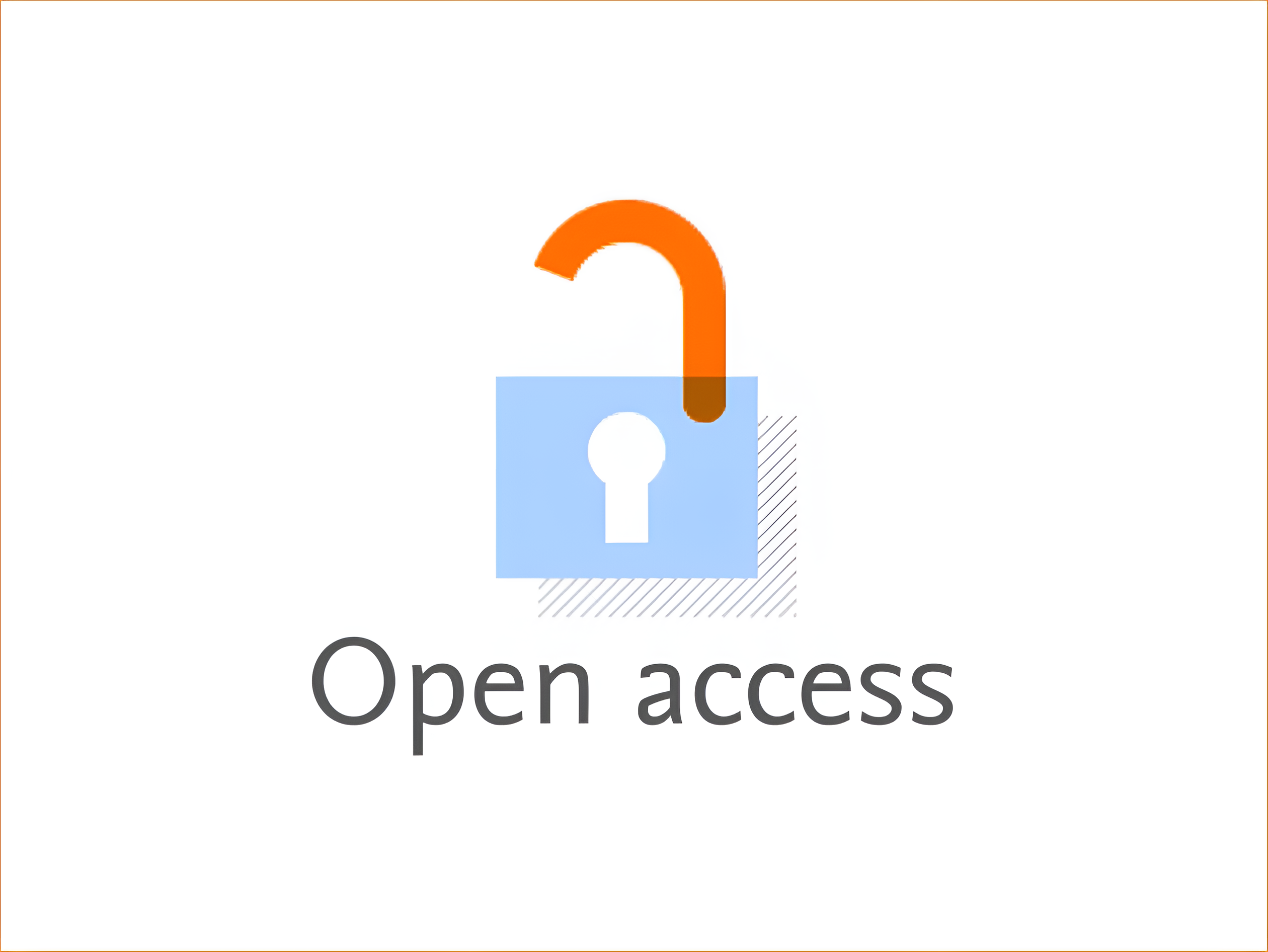AN EXAMINATION OF THE INFLUENCE OF STUDENT ETHICS AND DATA PRIVACY ON THE IMPLEMENTATION OF EDUCATIONAL TECHNOLOGY.
Keywords:
Student Ethics, Data Privacy, Educational Technology, Academic Integrity, Self-Regulation, Digital ResponsibilityAbstract
Using EdTech, or educational technology, in classrooms and other learning environments has fundamentally changed things. Realisation of personal goals depends on tailored education, timely feedback, and better access choices. If this digital revolution is to flourish and stay ethical, students have to own responsibility for their education and protect their personal data. How much depends on students’ understanding of data privacy regulations and their own ethical behaviour on the acceptance and appropriate usage of educational technology? This work attempts to do that. This study intends to compile data on students’ opinions on digital responsibility, how often they confront ethical difficulties like artificial intelligence usage and plagiarism, and how successful self-regulation is in lowering these concerns when using the internet. The link between students’ usage of instructional tools and faith in official data management and collection systems is examined in this paper. The data collecting techniques employed in this study include in semi-structured interviews with undergraduate and graduate students from a range of disciplines, survey answers, and interviews with actively involved research participants. Two quantitative approaches of data analysis—theme coding rather than descriptive statistics and correlation—help us to identify ethical concerns and patterns in the qualitative data. One cannot argue against the connection between effective use of technology and self-discipline. When a student understood data privacy rules, their confidence and technological skills grew as well. Including ethical training and open data standards into the educational system would help to safeguard students’ personal information and inspire personal responsibility. Teachers and legislators should prioritise the building of a digital classroom that supports student involvement, security, and responsibility to help to address these issues.






